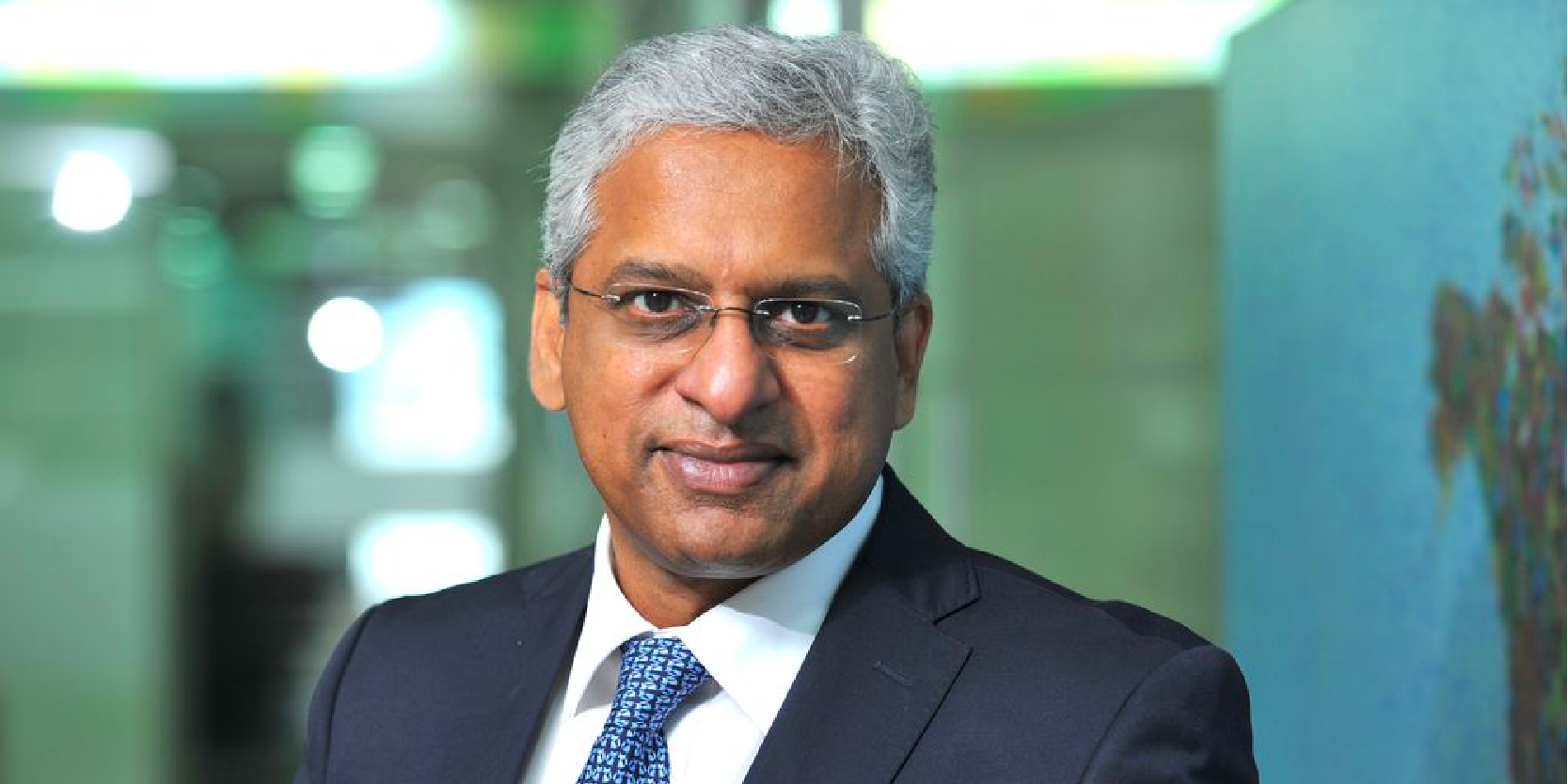A staggering 122 million people became unemployed in April, as a result of the coronavirus induced lockdown, with joblessness rate shooting up as high as 23.5 per cent (according to private research firm Centre for Monitoring Indian Economy). With things slowly limping back to some sort of normalcy even as COVID-19 lingers on, the unemployment rate continues to be a concern. India’s overall unemployment rate increased significantly to nearly 10 per cent in the week ended December 13, after showing some signs of recovery in the last few months, when it hovered around 6-8 per cent.
The mid-December data indicates that unemployment rate is, at least, at a 23-week high.
Jobs are essential to kickstarting the economy which has officially gone into recession. The Indian economy entered recession, perhaps its worst ever, when its GDP (gross domestic product) contracted 7.5 per cent year-on-year in the July- September quarter.
India’s largest private-sector employer, Bengaluru-based Quess Corp, which had 3.85 lakh employees and associates on its roster before the pandemic hit, believes the first thing to do in order to solve India’s employment problem is to move workers from the informal sector to the formal sector. Currently, Quess has around 3.30 lakh people on its rolls.

India's largest private-sector employer Quess Corp's Ajit suggests a three-pronged approach to create jobs
Quess Chairman and Managing Director Ajit Isaac tells YourStory Founder and CEO Shradha Sharma, “When you bring more people from the informal sector to the formal sector, they get more predictability in their incomes, there are social security benefits, and then hopefully some skill development that will happen.
"With that, it has its own effect, it has a roll-on effect, because if you enhance skills, make their outcomes more predictable, their productivity level improves, establishments get higher profit levels hopefully with this process, and then they can go up the value chain, otherwise they stagnate at the bottom [sic].”
Quess Corp, which went public in 2016, with a blockbuster listing (its IPO or initial public offering was oversubscribed 144 times) on the bourses, provides staffing solutions to some of the most well-known organisations in the country.
The company’s employees and associates act as outsourced service providers, primarily doing grey-collar (the balance of employed people not classified as white or blue collar) jobs for over 2,000 companies, which include the likes of Reliance, Amazon, Bajaj Finance and Samsung.
Infra and education critical
According to Ajit, the second thing the government needs to do to generate employment is look at improving India’s overall infrastructure, which he believes is “completely lacking.” He cites the example of Bengaluru, whose population has grown exponentially over the last 20 odd years, but the infrastructure development in the city has not “proportionately changed” over time.
Thirdly, he believes the Indian education system needs a greater focus “to output skills that employment will need”. Ajit elaborates, “Employment follows the economy consumption demand. There is a sequence of things that have to be done, only to focus on employment is not going to change the map.
“So, once investment comes in, public expenditure comes in, you create more infrastructure, that sets off demand, in let's say core sector; from core sector it comes back to salaries that people are making and consumer demand goes up; then the consumer industry picks up again. So it's going to come back towards government spending.”
Finance Minister Nirmala Sitharaman, recently said that the government does intend to increase its public spending, especially on infrastructure, in a bid to lay the foundation for a strong economic recovery.
However, data showed that in the second quarter of the current fiscal, government spending on ‘public administration, defence and other services’, decelerated to (-)12.2 per cent, slowing further from the first quarter level of (-) 10.3 per cent.
Ratings agency ICRA estimates India to come out of recession in the fourth quarter of FY21, on the back of an expected revival in exports and increased government spending.
Watch video:
Ajit is hopeful that the government will increase its spending as it comes out of the COVID-19 crisis.
“We're hoping that the government will, in coming out of COVID, spend a bit more and, and we will see some more investment coming in [sic],” he says.
Link : https://yourstory.com/2020/12/how-india-can-create-jobs-largest-private-sector-employer-quess
Author :- Ramarko Sengupta ( )
December 22, 2020 at 06:30AM
YourStory

